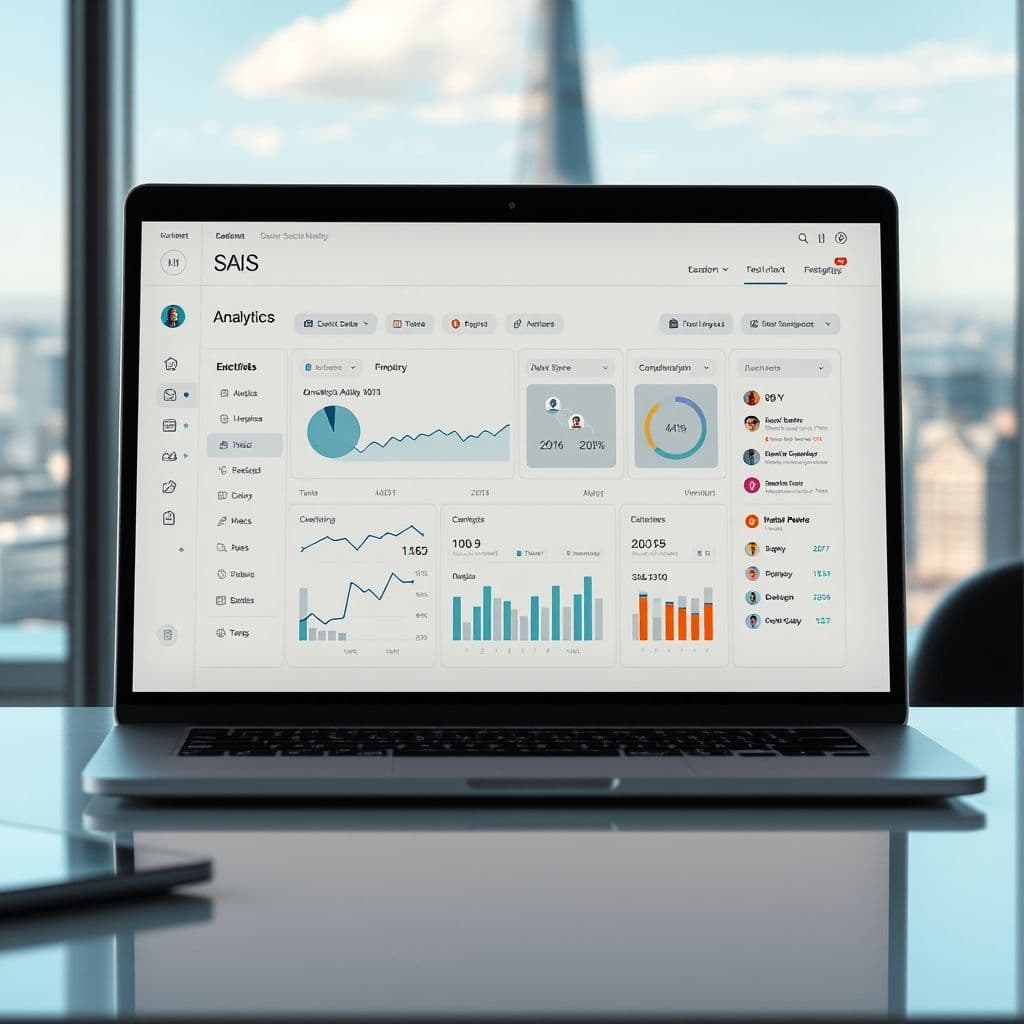The Struggle of Small Retail Businesses and a Potential SaaS Solution

Running a small retail business is tougher than ever. With slow sales, low foot traffic, and the constant pressure of social media marketing, many owners are left wondering how to stay afloat. In this article, we’ll explore the challenges small retail businesses face and introduce a hypothetical SaaS solution that could revolutionize their operations.
The Problem: Causes and Consequences
Small retail businesses are struggling with a lack of customer engagement and slow sales. Many owners report sitting in their stores for hours without a single customer walking in. The rise of online shopping and the dominance of big retailers have made it increasingly difficult for small businesses to compete. Additionally, the cost of maintaining a physical store—paying rent, utilities, and staff—can quickly outweigh the revenue generated, leading to financial strain.
Social media marketing, while essential, often doesn’t translate to foot traffic. Business owners post frequently, run ads, and participate in local events, but retaining customers remains a challenge. The 'out of sight, out of mind' mentality means that even successful events don’t always lead to sustained sales. This leaves many owners exhausted and questioning whether to close their physical stores and focus solely on online or event-based sales.

Idea of SaaS: How It Could Work
Imagine a SaaS platform designed specifically for small retail businesses. This tool would allow owners to create and manage an online store seamlessly, integrating with their social media accounts for effortless marketing. The platform could analyze customer behavior and preferences, enabling targeted promotions to drive both online sales and foot traffic to physical stores.
Key features could include automated social media posting, customer retention tools like loyalty programs, and real-time analytics to track which promotions are most effective. By leveraging data, small businesses could make informed decisions about inventory, pricing, and marketing strategies, ultimately increasing their chances of success.

Potential Use Cases
For a boutique clothing store, this SaaS platform could help identify which styles are most popular among local customers, allowing the owner to stock up on trending items and promote them effectively. A coffee shop could use the tool to offer loyalty rewards to frequent customers, encouraging repeat visits. Even a small bookstore could benefit by analyzing which genres sell best and tailoring their inventory accordingly.
Conclusion
The challenges facing small retail businesses are real and daunting, but innovative solutions like this hypothetical SaaS platform could provide a lifeline. By combining online and offline strategies, small business owners might finally find the balance they need to thrive in a competitive market.
Frequently Asked Questions
- How viable is developing this SaaS idea?
- The development of this SaaS platform would require significant resources, including a team of developers, designers, and marketers. However, given the clear pain points of small retail businesses, the market demand could justify the investment. The next steps would involve conducting market research and creating a prototype to test the concept.
- What are the main benefits of this SaaS solution?
- The main benefits include streamlined online store management, improved customer engagement through targeted promotions, and data-driven decision-making. These features could help small businesses increase sales and reduce the stress of managing multiple platforms manually.


